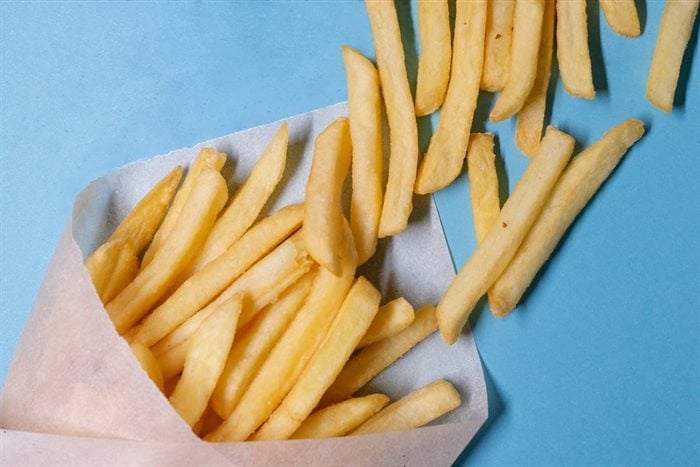The anti-dumping tariffs on French fries placed on three European countries by the International Trade Administration Commission of South Africa (Itac) have lapsed.
In July 2022, Itac – the organisation responsible for customs tariff investigations, trade remedies, and import and export controls – placed anti-dumping tariffs as high as 181.05% on Germany, 104.52% on the Netherlands, and 23.06% on Belgium for a period of six months.
Itac had until Saturday, 14 January to update the French fry tariff, but allowed it to expire. This lapse means that local importers can now claim refunds for any duties paid since.
Hume International, a major importer of frozen food in South Africa, describes the development as "a small but much-needed reprieve for the food industry" during a period marred by continued global supply chain disruptions, rising animal feed costs, record-high fuel prices impacting transportation costs, and increased load shedding, which it says may soon lead to shortages of certain local food products.
Low-income South Africans have been hit the hardest by skyrocketing prices. Households are currently spending on average 13.5% or some R580 more on food per month than a year ago, according to the latest Household Affordability Index for December 2022. This is especially concerning considering that an estimated 55% of South Africans live below the upper-bound poverty line and cannot afford any increase in expenses.
“We need to do everything in our power to bring prices down, which includes doing away with unnecessarily heavy duties. Competition is integral to an economy’s ongoing welfare, and our food industry benefits greatly from global trade which serves to fill shortages in the market and keep prices stable,” says Fred Hume, managing director of Hume International.
“The simple fact of the matter is that while the local industry produces sufficient amounts of potatoes to meet consumer demand, the same cannot be said for the specific variant used to make French fries, and hence our reliance on imports.”
Small victory in ongoing fight
Hume explains that imports of French fries has decreased by a third since before Covid-19, largely due to the high import tariffs placed on these three major trading partners. Germany, which previously only made up around 6% of total imports and had very little impact on local prices, has largely stopped exporting fries to South Africa as a result.
“We are not out of the woods just yet – in fact, not even close to it. This is but one small victory in the ongoing fight against rampant food price inflation, and if the average South African is to survive the year, we need to implement more substantial measures.”
Hume continues to call on government to temporarily suspend trade duties on staple food products and inexpensive sources of protein such as chicken until local producers manage to catch up with demand.
"Combined with increased investment in local production to help producers better compete with importers and the relaxing of strict port regulations, these efforts could bring South Africa back from the edge," the company said.


































